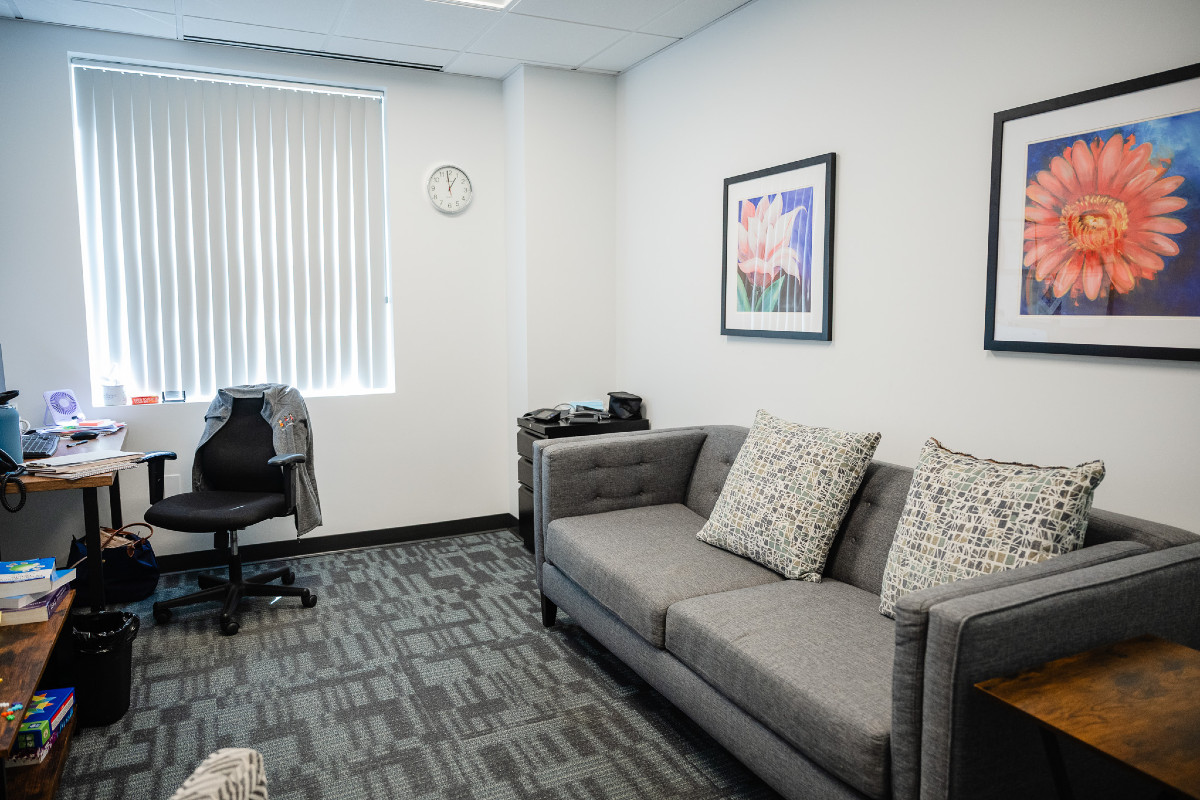Neuropsych Resources
A neuropsychological evaluation is often recommended to get diagnostic clarity for issues such as ADHD, ASD, learning challenges, or other emotional difficulties. Here is a list of providers we have used in the past. We recommend families reach out and check with their insurance about what parts of the testing maybe be covered.
- Riser and Tread- Lexington/Newton - www.riserandtread.com (BCBS)
- Lifestance Health – multiple locations - www.lifestance.com
- NESCA – Newton - www.nesca-newton.com - 617-658-9800
- Children's Neurological Services – Andover - www.childrensneuropsych.com 978-749-2700
- Boston Children Hospital- 617-355-6398
- Mass General Hospital- 617-726-3647
- Growing Minds LLC – Lexington - (339) 970-0659 (private pay)
- Neuropsychological Assessment and Treatment Services – Needham - www.childeval.com - 781-705-2500 (BCBS)
- Newton Neuropsychology Group – www.newtonneuro.com - 617-564-0382 (Masshealth, BCBS, private pay)
- Child and You, LLC – Arlington - www.childandyou.com/assessment (BCBS, private pay)
- Center for Clinical Assessment – Woburn – 339-201-9912 (BCBS, private pay) **Cannot be from Lexington as provider has contract with distract
- Donna Jenkins - Wakefield - 781-224-9884 (Masshealth)
- Touchstone Neurodevelopmental Center – Woburn – www.touchstonema.com -781-497-8164
Crisis Information
The Wellness Center at Lexington Pediatrics is not equipped to handle mental health emergencies. Symptoms that would qualify as needing an urgent assessment include:
- Suicidal or homicidal thoughts or behaviors with intent and plan
- Severe aggressive, destructive, or other volatile behavior
- Acute psychotic-like symptoms (delusional thinking, hallucinations)
To access urgent care, the Wellness Center at Lexington Pediatrics refers patients to Advocates Crisis Line, which is open 24/7 and can assess for safety and connect families to higher level of care: (800) 540-5806
Additionally, the Massachusetts Behavioral Health Helpline is able to connect families with resources/provide support for mental health concerns. They can access translators in 200 languages as well. 833-773-2445
Managing Mental Health for Kids
The best mental health support starts with parents taking care of themselves! Healthy emotion regulation is best modeled at home through managing stress, expressing feelings as they arise, and providing a validating environment.
Self-care routine- eating a balanced diet, 8-10 hours of sleep, managing screen time, and moving our bodies is the foundation to managing mood and anxiety
Basic coping skills
- Breathing techniques such as 4 count breathing (in for four seconds, out for four seconds), box breathing (imagining a box shape while taking slow breaths), birthday cake breathing (deep breath in, slow breath blowing pretend candle out)
- Grounding techniques- visualizing happy place, sensory objects, finding all same color things in a room
Reach out to support when needed! This can be a mental health professional, but also school staff, coaches, and other trusted adults are great resources when we go through difficult times.


